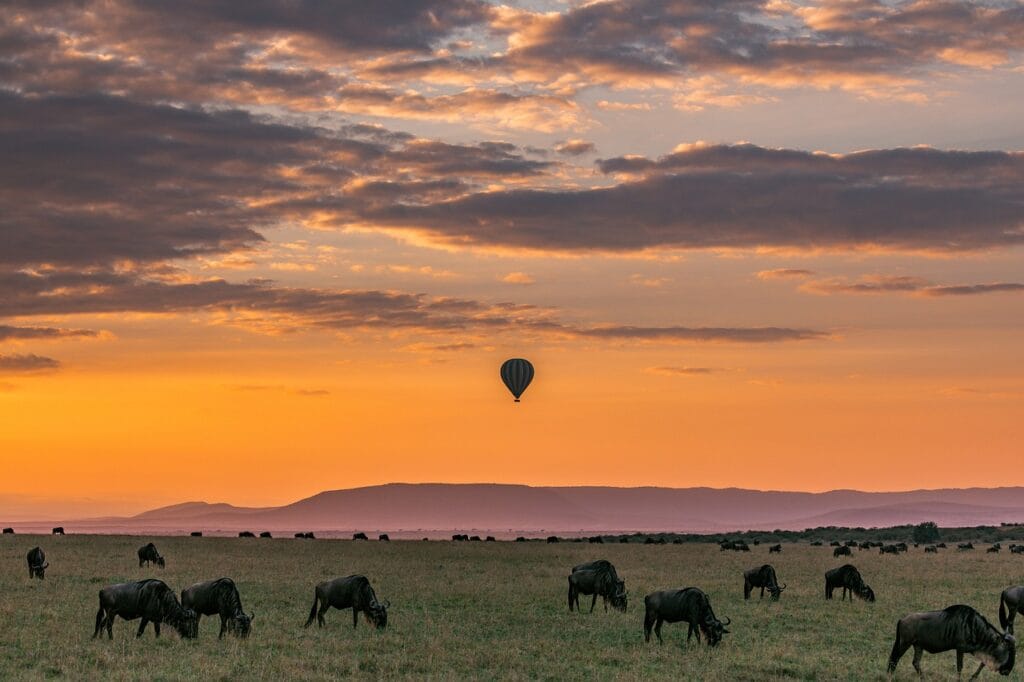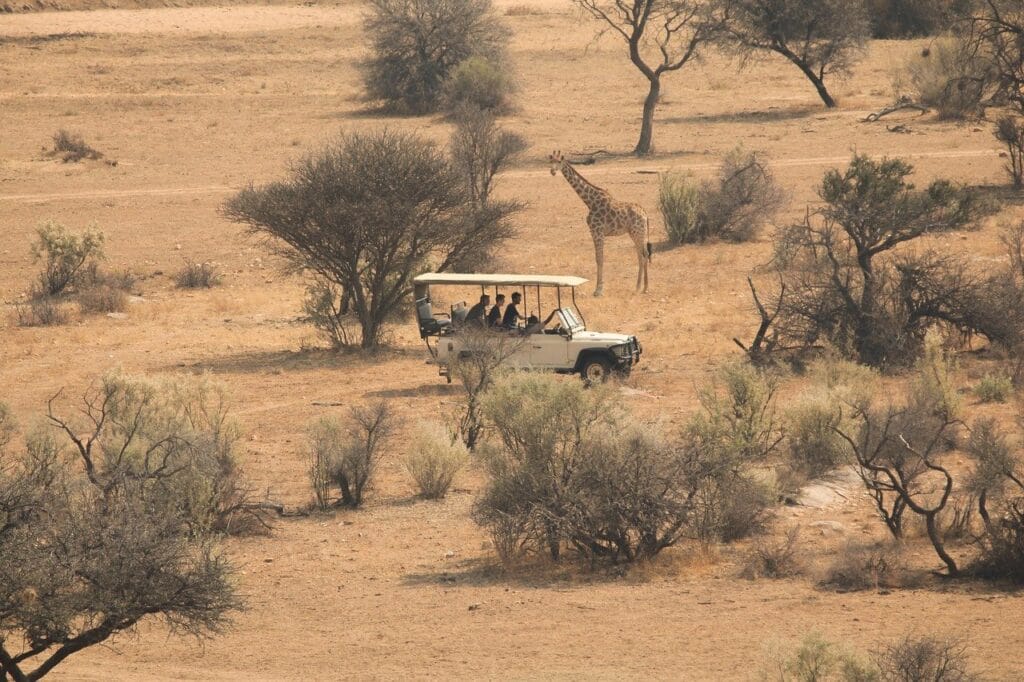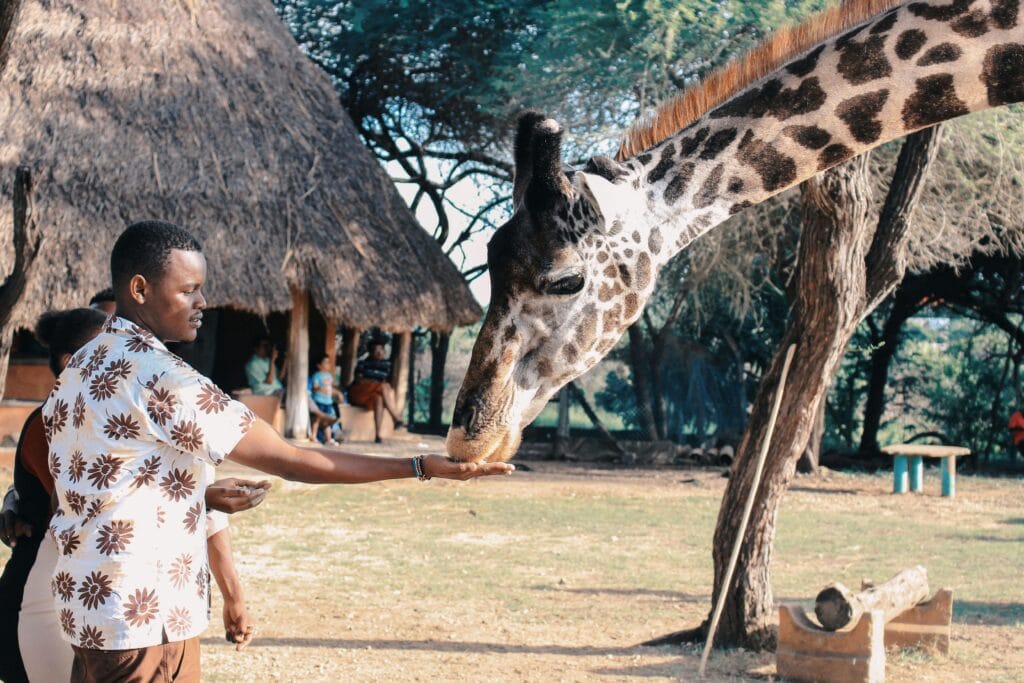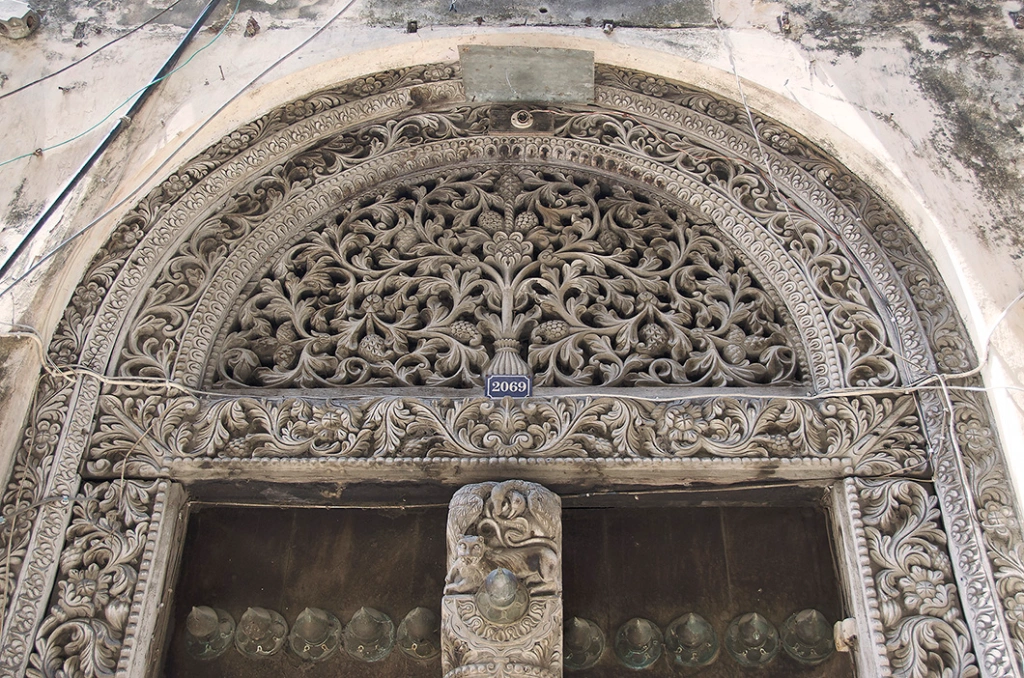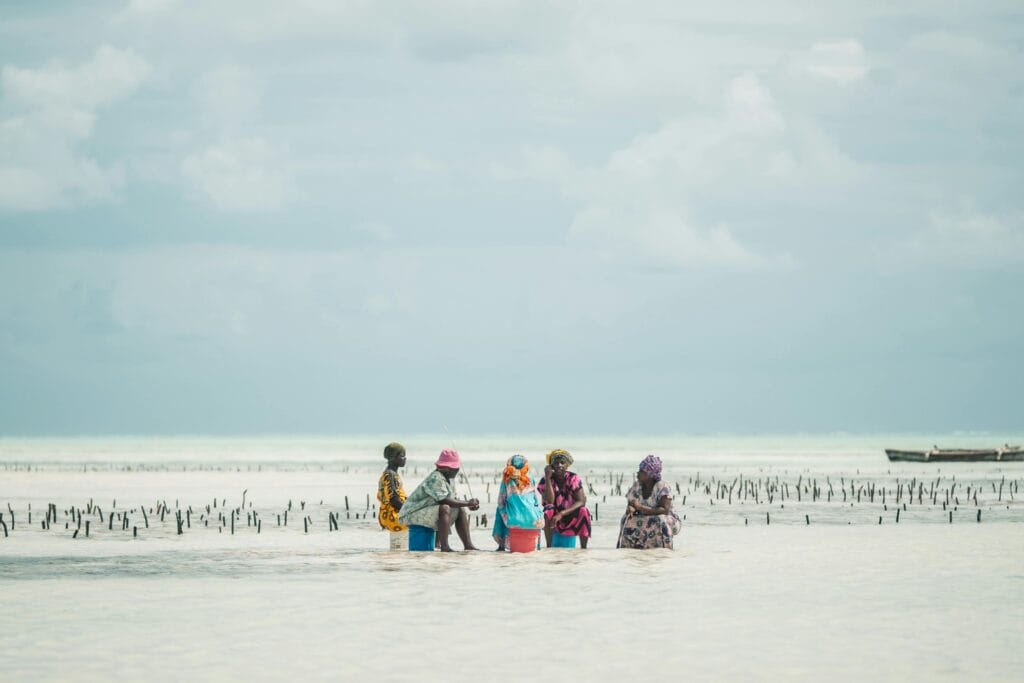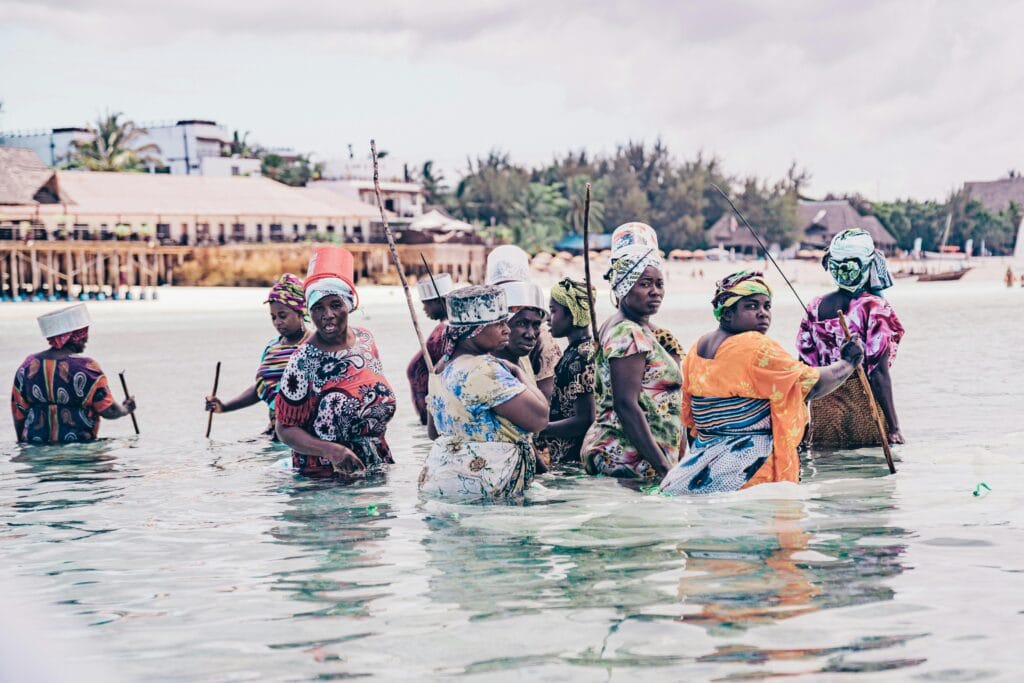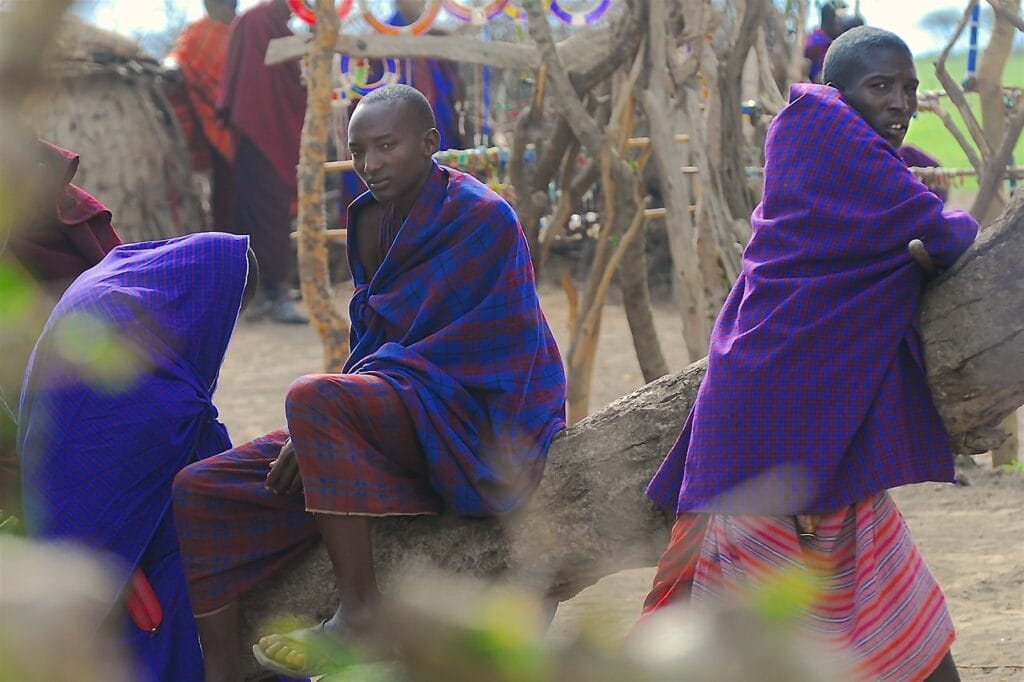Our Unique Itineraries: Explore Tanzania Like Never Before
Discover the magic of Tanzania with Future African Safari’s unique itineraries designed to offer you an unparalleled adventure. From the iconic Serengeti Plains to the pristine beaches of Zanzibar, our tailored journeys ensure you experience Tanzania like never before. Whether you’re a first-time visitor or a seasoned explorer, our meticulously crafted itineraries cater to all interests and preferences, making your safari truly unforgettable. Why Choose Our Unique Itineraries? Tailored Experiences We understand that each traveler has different interests and expectations. Whether you’re passionate about wildlife photography, eager to immerse yourself in local cultures, or looking to relax on stunning beaches, our itineraries are customized to match your desires. From intimate game drives to cultural village visits, every aspect of your journey is thoughtfully planned to provide a unique and personalized experience. Expert Local Guides Our team of expert local guides brings Tanzania to life with their extensive knowledge and passion for the region. They not only help you spot the Big Five but also share fascinating insights into the ecosystems, wildlife behavior, and local traditions. Their expertise ensures that you gain a deeper understanding and appreciation of Tanzania’s natural and cultural treasures. Sustainable and Responsible Tourism We are committed to promoting sustainable and responsible tourism. Our itineraries incorporate eco-friendly practices and support local communities, ensuring that your visit has a positive impact on the environment and the people who call Tanzania home. By choosing our unique itineraries, you contribute to the preservation of Tanzania’s stunning landscapes and diverse wildlife for future generations. Book Now Highlighted Itineraries Serengeti and Ngorongoro Crater Adventure Experience the quintessential Tanzanian safari with our Serengeti and Ngorongoro Crater itinerary. Witness the Great Migration, explore the vast Serengeti Plains, and descend into the Ngorongoro Crater, a UNESCO World Heritage site teeming with wildlife. This itinerary offers a perfect blend of game viewing, breathtaking landscapes, and cultural encounters. Zanzibar Beach Escape After thrilling game drives, unwind on the idyllic beaches of Zanzibar. Our Zanzibar Beach Escape itinerary combines the best of both worlds—exciting wildlife adventures with serene beach relaxation. Enjoy water activities like snorkeling, diving, and sailing, or simply relax on the white sandy shores and soak up the tropical sun. Mount Kilimanjaro Trek For the adventurous souls, our Mount Kilimanjaro Trek itinerary offers the chance to conquer Africa’s highest peak. This challenging yet rewarding journey takes you through diverse ecosystems, from lush rainforests to alpine deserts, culminating in the spectacular summit of Kilimanjaro. Accompanied by experienced guides, you’ll achieve a sense of accomplishment and enjoy breathtaking views along the way. Cultural Heritage Tour Immerse yourself in Tanzania’s rich cultural heritage with our Cultural Heritage Tour. Visit traditional Maasai villages, explore the historic Stone Town of Zanzibar, and engage with local artisans. This itinerary provides a deeper understanding of Tanzania’s diverse cultures, traditions, and histories, enhancing your overall safari experience. What to Expect on Your Tanzanian Safari Diverse Wildlife Encounters Tanzania is home to some of the most iconic wildlife species in the world. From the majestic lions and elephants of the Serengeti to the rare black rhinos in the Ngorongoro Crater, our itineraries ensure you encounter a diverse array of wildlife. Seasonal migrations and abundant biodiversity make Tanzania a premier destination for wildlife enthusiasts. Stunning Landscapes Beyond its wildlife, Tanzania boasts some of Africa’s most stunning landscapes. From the expansive savannas and rolling hills to dramatic volcanic peaks and pristine beaches, each itinerary showcases the country’s natural beauty. Capture unforgettable photos and create lasting memories against the backdrop of Tanzania’s breathtaking scenery. Comfortable Accommodations We partner with a range of accommodations to suit your comfort and style preferences. Whether you prefer luxury lodges, boutique tented camps, or charming boutique hotels, our itineraries include carefully selected accommodations that offer exceptional comfort and hospitality without compromising the authentic safari experience. Seamless Travel Experience Our unique itineraries are designed to provide a seamless travel experience from start to finish. From hassle-free transfers and transportation to expertly planned activities and excursions, every detail is managed by our dedicated team. Relax and enjoy your safari, knowing that everything is taken care of. Start Your Tanzanian Adventure Today Embark on a journey like no other with Future African Safari’s unique itineraries. Explore the diverse landscapes, encounter incredible wildlife, and immerse yourself in the vibrant cultures of Tanzania. Let us craft a personalized safari experience that exceeds your expectations and leaves you with unforgettable memories. Ready to explore Tanzania like never before? Contact us today to start planning your unique African adventure with Future African Safari! Customize your Tour Kilimanjaro 3 tours Safari 9 tours Zanzibar 3 tours
Our Unique Itineraries: Explore Tanzania Like Never Before Read More »

